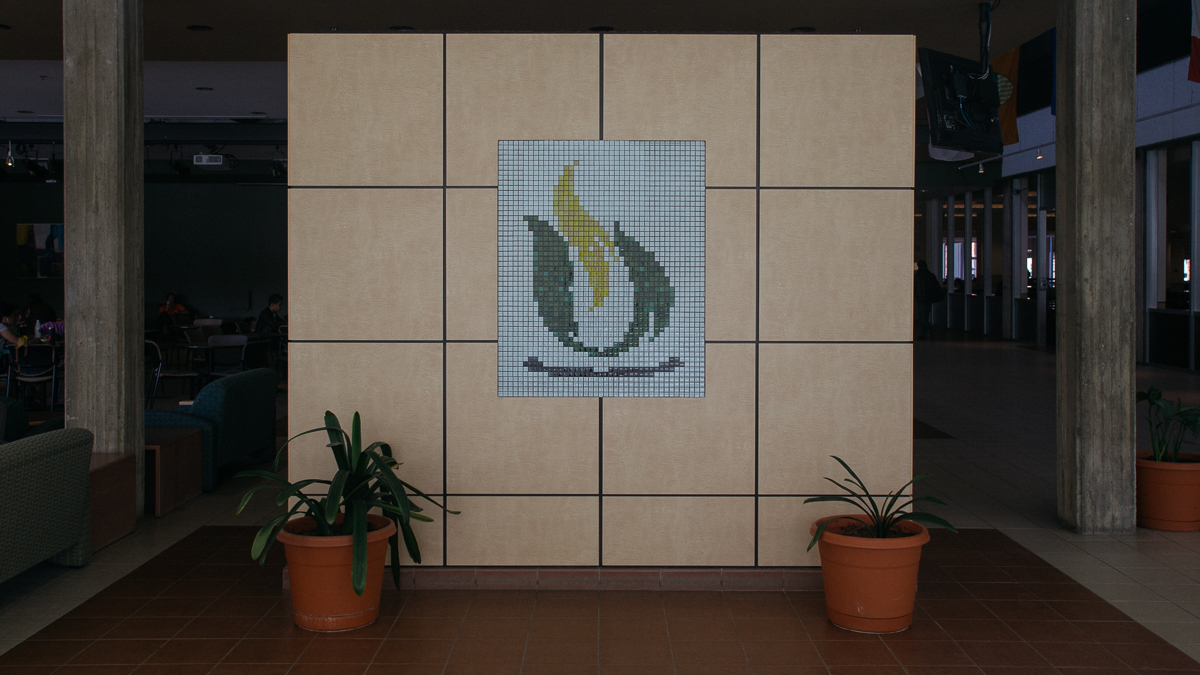 Christina Varvis
Christina VarvisI was in fourth grade and it was cold in Hay River, Northwest Territories. All the students were shivering as we waited in line to go inside from recess, but one kid couldn’t wait to get in. He butted me in line and lobbed the word “gay” at me, as if it was some sort of justification. It wasn’t because I was being affectionate with another guy, but rather because words like “gay” and “faggot” were just the “it” words to call anyone who didn’t fit in. And that’s still how they’re used today.
I’d never heard the word before, so I asked my teacher. She explained and added that many of her best friends were gay, that there was nothing wrong with it. I immediately thought of the effeminate, lisping men in drag that I’d seen in the news and more mature TV shows. I didn’t have an objection to these people, but the tone the kid used told me these people were strange and different, and I felt different enough already.
I heard the word again, sometimes as an insult when people beat me up, other times in everyday conversation. “The wall is gay.” “That assignment is so gay.” “This class is gay.” And I started to buy into it. I wanted to fit in, and in my own language, gay and bad became synonymous.
The homosexual sense of the word was important, however. I was asked several times if I liked girls or boys, as if it were a test I had to pass. I answered girls as you were supposed to, but I always hesitated because I didn’t understand the question. Health class said that boys and girls became interested in each other around puberty, but I didn’t understand what interested meant. I just assumed that girls were aesthetically pretty and moved on with my life. I liked girls, and that was the end of it.
But there was this strange feeling I had when looking at some guys. It wasn’t until I was in the midst of puberty when I noticed that I kept thinking about guys more and more, and that I liked thinking about them. That’s when it hit me: I hadn’t understood sexual attraction because I was waiting to be attracted to girls.
I was stunned and terrified. I didn’t know this could happen, I was “normal,” I wasn’t effeminate, the stereotypes didn’t mesh with my realization, and I didn’t want to accept it. I felt separated from everyone, and I suddenly had this looming secret. It took me years to realize that being gay just meant an attraction. Any personality characteristics that came with it were optional, and their only relation to sexual orientation was a sense of freedom from societal norms.
But what if there had been safe spaces, not just in my school, but everywhere? What if no one had even thought of using the word gay as an insult? When I came to the University of Alberta, I was shocked. Safe spaces posters are everywhere. SUB has a gender-neutral bathroom. There is an entire week dedicated to gender, sexual, and romantic minorities. I heard several speeches about the importance of inclusivity and the avoidance of hate speech.
You might laugh at this political correctness or scorn this as an abuse of freedom of speech, but you don’t realize how much power your words have. They create a climate where groups of people are cast as other, as inhuman, and it makes us start to doubt and hate ourselves. So I’m sorry if safe spaces erase your freedom to lob slurs at your friends or make people uncomfortable, but it erases our freedom to go about our lives without feeling like outcasts, without fearing that some gang of bigots is going to come along and bash our heads in.




